On November 6, Republican candidate Donald Trump defeated Democratic opponent Kamala Harris to win the US presidency.
“Does anybody here feel like Biden and Kamala Harris are richer than I am?” Donald Trump asked at an event in North Carolina in August.
He asserted that if Ms. Harris wins, the result will be an economic downturn like the 1929 recession. But if he is re-elected, the US will begin a completely new economic boom.
Stronger policies
According to analysts, Mr. Trump's policy proposals in his second term (Trump 2.0) were much stronger than those of Ms. Kamala Harris.
While Ms. Harris favors small changes, Mr. Trump would almost completely reverse the policies of the current administration. He is expected to deport large numbers of illegal immigrants, impose high import tariffs and cut taxes for businesses and domestic citizens.
He claims that these measures will not only restore jobs in the US, but also reduce inflation. However, many economists say these policies may have the opposite effect than he expects, for example causing inflation to skyrocket.
Mr. Trump has pledged to carry out the largest deportation program in American history. He believes that tightening immigration will help reduce many costs, especially to solve the housing shortage.
In addition, the tax cuts signed by Mr. Trump in 2017 will expire in early 2025. He wants to extend the entire policy, while also reducing taxes for businesses and individuals.
Specifically, Mr. Trump will reduce corporate income tax from 21% to 15% for some companies, which is expected to boost economic growth and create jobs. He also plans to exempt a series of taxes on social benefits, overtime...
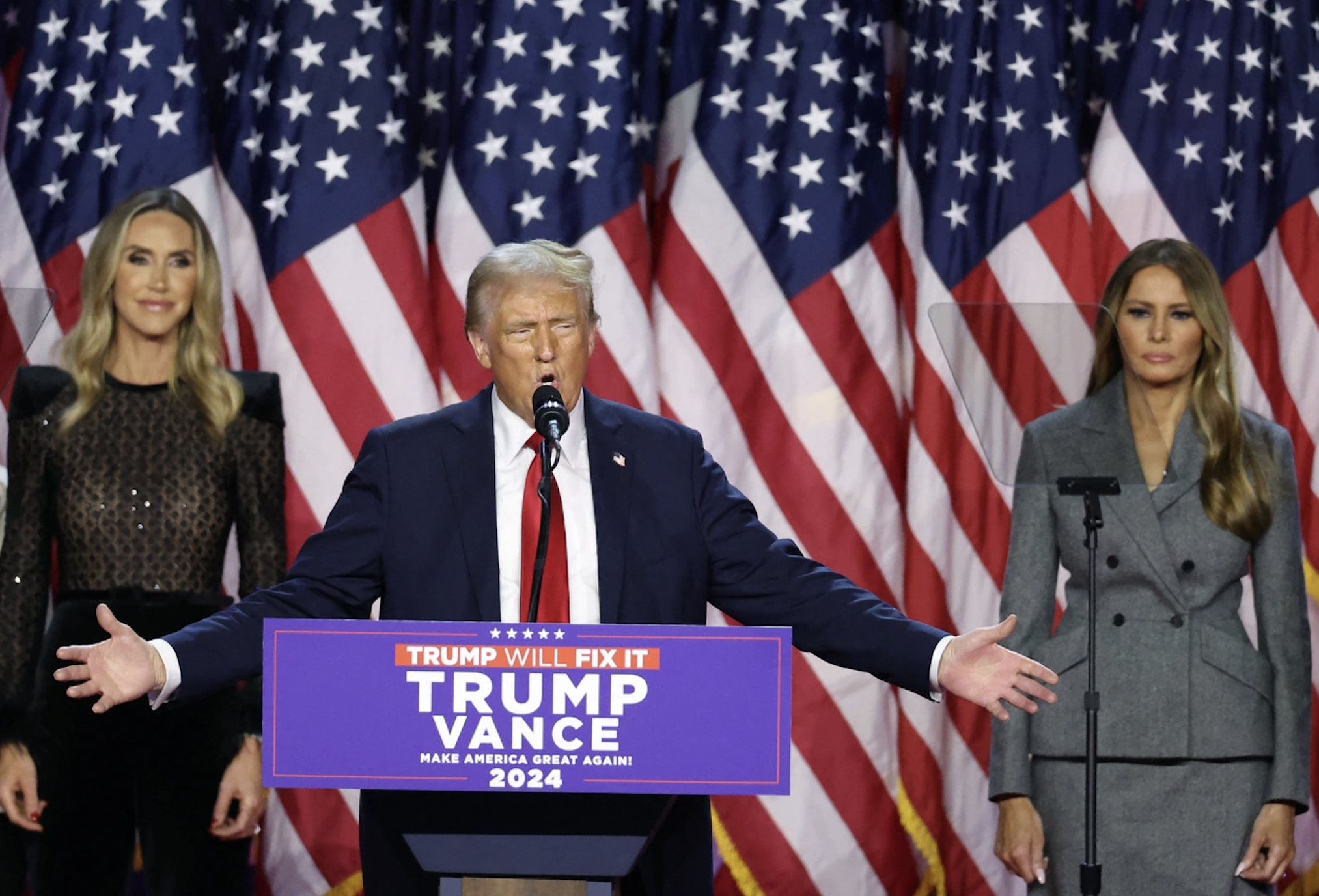
Supporters say the tax cuts will ease the burden on many people, while opponents say the plan will mainly benefit high-income taxpayers. According to a study in early October by the Committee for a Responsible Federal Budget (CRFB), Mr. Trump’s tax and spending plan could increase the U.S. budget deficit by $7.5 trillion over the next 10 years.
A key part of his plan to reduce inflation is Mr. Trump’s pledge to cut Americans’ energy costs in half within a year of taking office. “Energy is the root of our problems,” he said at an Economic Club of New York event in September.
“I will immediately declare a national emergency to increase domestic energy supplies. This will speed permitting for new drilling, pipelines, refineries, plants and reactors,” he said.
Sharing the same view, Mr. Carl Schramm, Professor of Economics at Syracuse University, said that energy costs are an important factor in food price inflation because fuel is a major input cost for the agricultural industry. “If you can reduce energy costs, you will reduce inflation,” Mr. Carl Schramm said in the report.
"Redrawing" the economic picture
Notably, Mr. Trump's trade protectionist proposals will mark a shift in US economic policy after decades. He wants to impose a 10-20% tax on all goods imported into the US. For China alone, the tax could be as high as 60%.
Mr. Trump argued that the import tariffs would protect American jobs and industry. He asserted that the import tariffs would encourage domestic production and reduce dependence on foreign goods.
Donald Trump said his tax policy and his pledge to bring jobs back to the US would reduce inflation and the cost of living for families. He said he believed the new tariffs would be borne by foreign manufacturers and would not affect Americans.
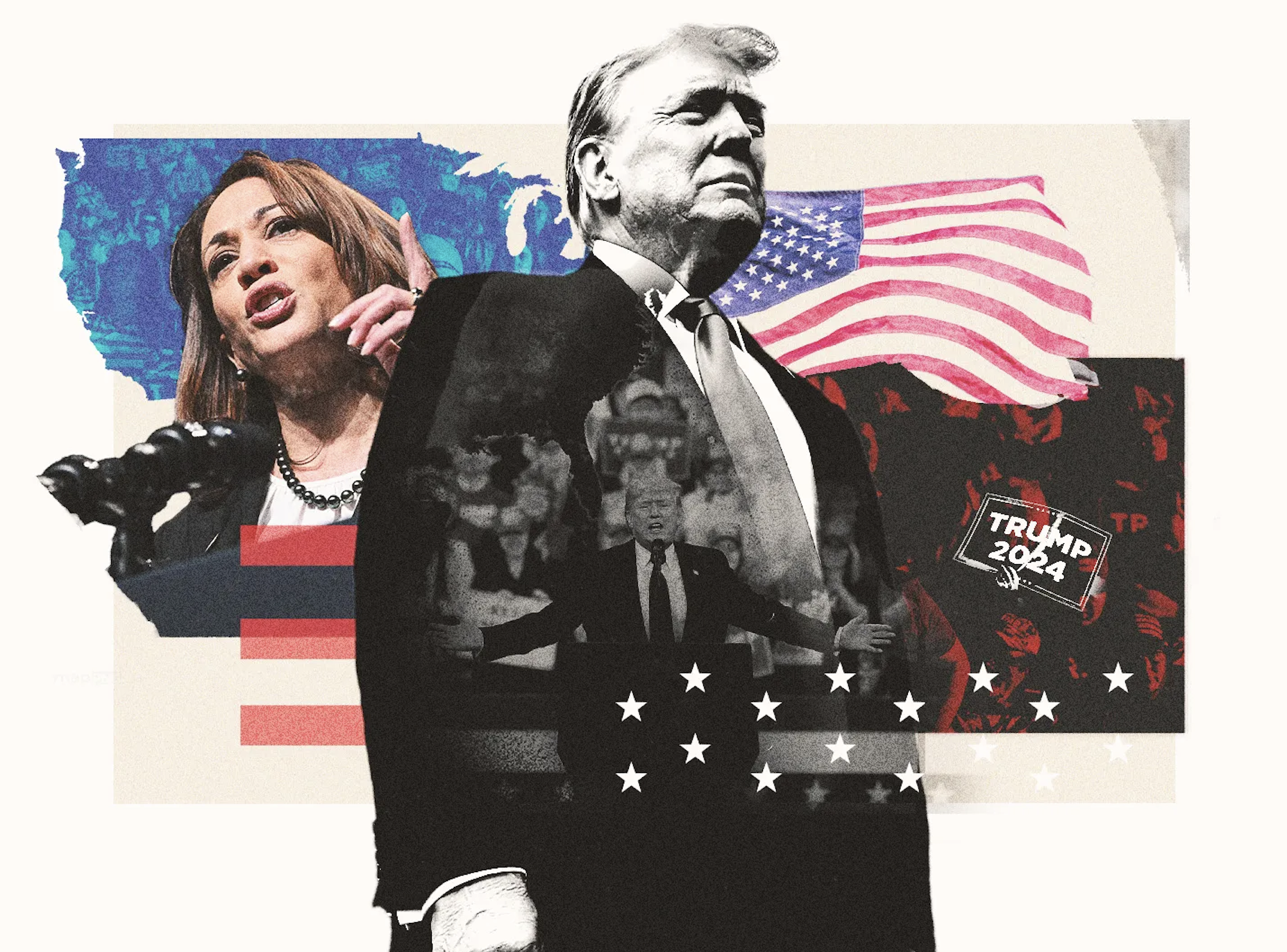
But foreign officials and economists worry that a Trump victory could raise new trade barriers around the world and lead to higher interest rates for longer, a combination that could have a negative impact on economies with weak growth prospects around the world, according to the Wall Street Journal.
Mr Trump’s tough stance on allies like Japan, France and South Korea has raised concerns that global trade will weaken, and the competitiveness that has fueled global growth for decades is at risk of being pulled down.
Mr Trump's approach could lead to a decline in trade activity and benefits, and more tension in trade relations between countries than before, former IMF chief economist Maurice Obstfeld warned.
“If you look at world history, you see that peace is difficult to achieve when trade is fragmented. The world has to be connected economically and non-economically,” Petros Mavroidis, legal adviser to the World Trade Organization (WTO), said in the report.
He explained that countries are likely to impose retaliatory tariffs on imports from the US and other countries, aiming to protect their markets from goods that would otherwise be exported to the US. The uncertainty reflects the fact that US trade policy can affect other economies more than it affects the US economy itself.
In the US today, unemployment is low, economic growth is steady and the stock market is on a strong rise, all reflecting an economy that can withstand without suffering heavy losses in the event of a trade war or rising interest rates.
Will global GDP be affected?
“To me, the most beautiful word in the dictionary is tariff. That’s my favorite word,” Mr. Trump said in an interview with Bloomberg at the Economic Club of Chicago.
Most economists disagree with Mr. Trump because import tariffs would accelerate inflation, affecting American consumers, as well as businesses that depend on raw materials and intermediate goods.
Globally, such tariffs could hurt overall economic growth, sparking retaliation from trading partners.
UBS estimates that a 60% tariff on imports from China and 10% on imports from the rest of the world would reduce global growth by 1% in 2026. Based on current trends, this would be equivalent to 30% of the world's GDP growth rate.
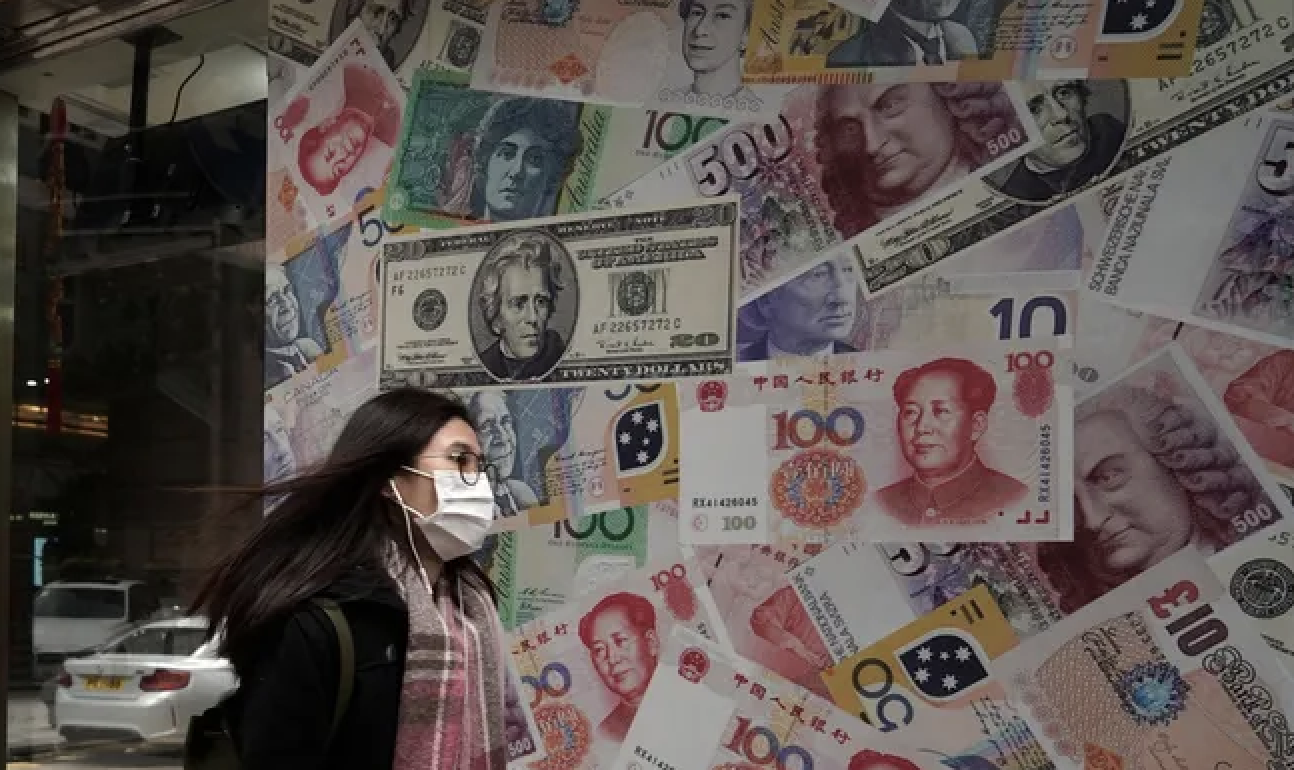
Corporate profits are expected to fall by an average of 6%. Global equity indexes will also be hit, with the biggest declines in European, Chinese and other emerging market stocks. This could erode people's pension funds and investment savings, UBS warned.
According to ABN AMRO bank, the European economy could suffer a major shock. If the US increases tariffs to 10% on all goods, the loss of GDP in the eurozone would be similar to the energy crisis after the Russia-Ukraine war broke out in 2022.
Industries such as machinery, cars and chemicals would also suffer if import tariffs were increased to the US, as these products accounted for 68% of EU exports to the country last year.
The International Monetary Fund (IMF) also sees the risk of a global GDP decline if import tariffs are raised worldwide. According to a mid-October report by credit rating agency Fitch, a second term for Mr. Trump could drag down the GDP of some Asian countries that export heavily to the US.
“Assuming Trump carries out what he proposes, no one will escape unscathed,” Maurice Obstfeld, former chief economist of the IMF, told CNN.
Increasing the strength of the USD
Analysts are also interested in the desire to impact the Fed's ability to operate independently. Experts are paying special attention to how Mr. Trump behaves with the Fed when he is elected to a second term.
Under US law, the chairman and six other members of the Fed Board of Governors are nominated by the president and then confirmed by the Senate. However, this agency operates independently of politicians, making decisions that have a major impact on the direction of the US economy and global markets.
The Fed’s independence helps the dollar maintain its status as the world’s reserve currency and gives the US government the ability to borrow heavily by issuing low-interest bonds. Any attempt to weaken the Fed’s independence would therefore likely shake global financial markets and destabilize the dollar.
Some economists and investors also believe that the possibility of US interest rates staying high for longer is a concern. They worry that the growing US budget deficit could push inflationary pressures higher in the US, thereby forcing the US Federal Reserve (Fed) to maintain tight monetary policy for longer.
Jan Hatzius, chief economist at Goldman Sachs, estimates the euro could lose 3% of its value against the dollar if European goods are hit with a 10% import tariff. Meanwhile, research by ING shows that the currencies of Australia, New Zealand, Mexico and many other Asian countries are also subject to large fluctuations due to changes in trade policies.
Sharing the same view, Mr. Brad Bechtel, director of foreign exchange at investment bank Jefferies, said that the yuan could lose 12% in the first few months if Mr. Trump returns to the White House.
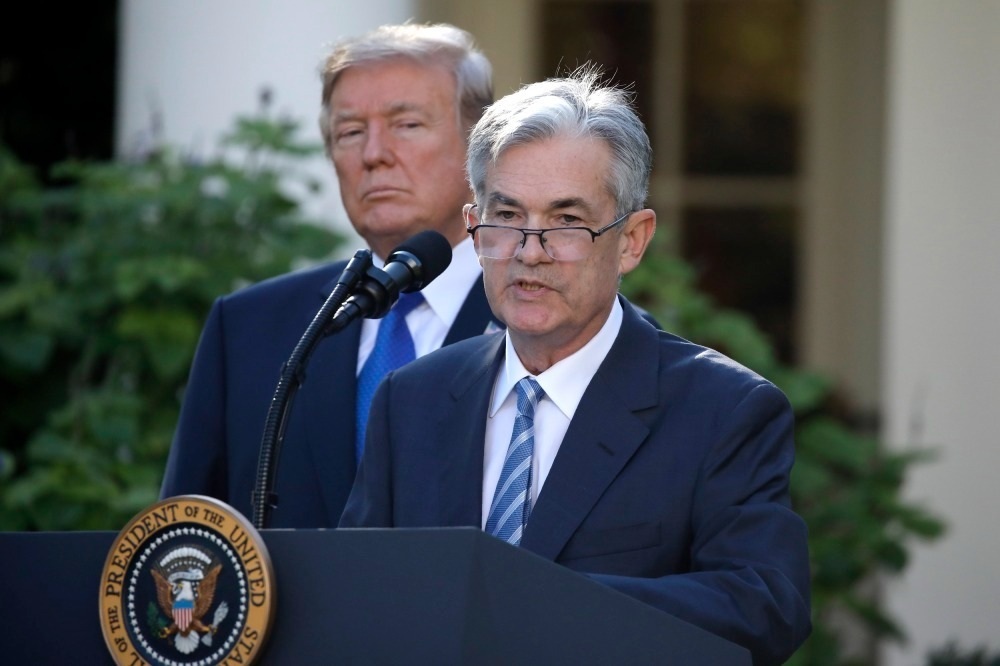
For economic officials in Europe, Mr. Trump's plans for new tariffs, especially heavy duties on imports from China to the United States, are a major concern.
At the IMF's annual event in Washington, European Central Bank (ECB) President Christine Lagarde said new trade barriers could increase inflationary pressures worldwide and could reduce global GDP by as much as 9% in a worst-case scenario.
A breakdown in US-China trade could hurt other countries even more than the tariffs Mr Trump plans to impose on all imported goods, economists say.
Experts fear that Chinese companies will redirect some of the $420 billion worth of goods they export to the US annually to Europe and other markets, leading to a broader global trade conflict.
“When the US imposes these anti-dumping or tariff trade policies on China, Chinese companies will look elsewhere to sell their goods cheaply, and Europe is one market they will go to,” said economist Satyam Panday of S&P Global Ratings.
Dantri.com.vn
Source: https://dantri.com.vn/kinh-doanh/su-tro-lai-cua-trump-20-se-ve-lai-buc-tranh-kinh-te-toan-cau-20241102231343173.htm





![[Photo] Opening of the 14th Conference of the 13th Party Central Committee](https://vphoto.vietnam.vn/thumb/1200x675/vietnam/resource/IMAGE/2025/11/05/1762310995216_a5-bnd-5742-5255-jpg.webp)


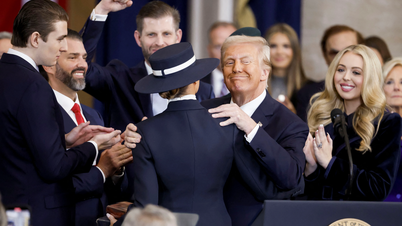

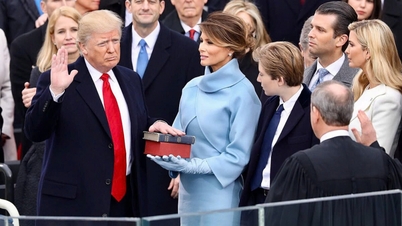



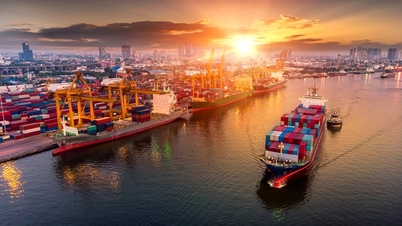

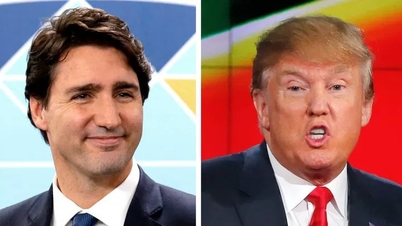





















![[Photo] Panorama of the Patriotic Emulation Congress of Nhan Dan Newspaper for the period 2025-2030](https://vphoto.vietnam.vn/thumb/1200x675/vietnam/resource/IMAGE/2025/11/04/1762252775462_ndo_br_dhthiduayeuncbaond-6125-jpg.webp)




































































Comment (0)